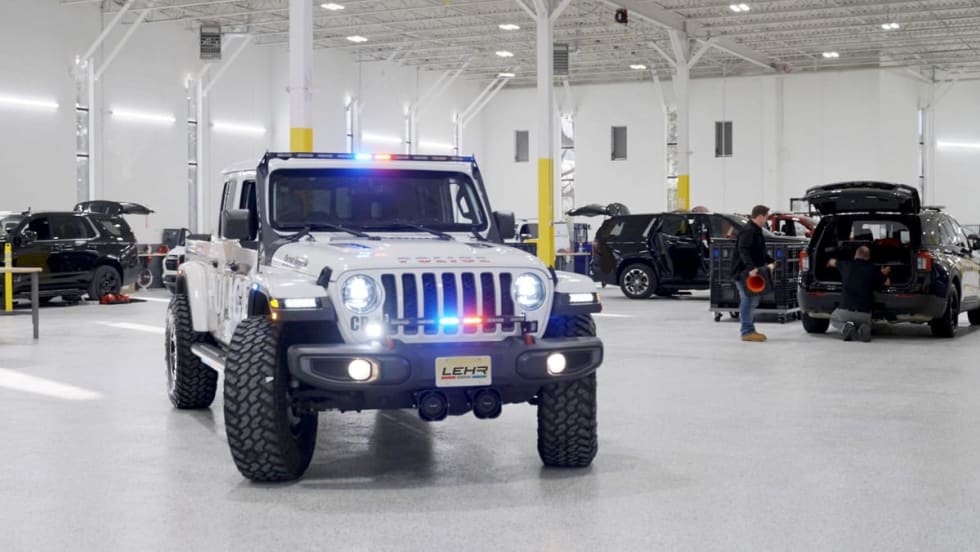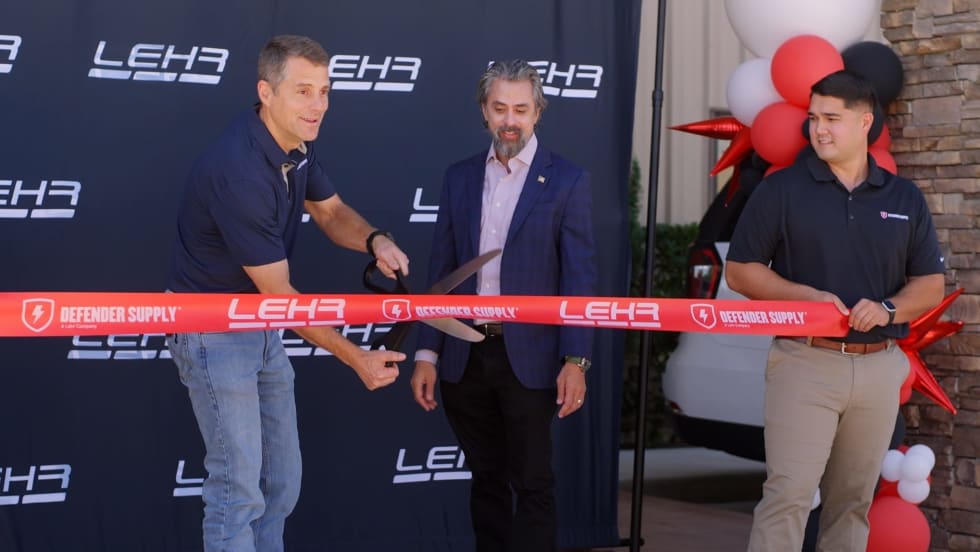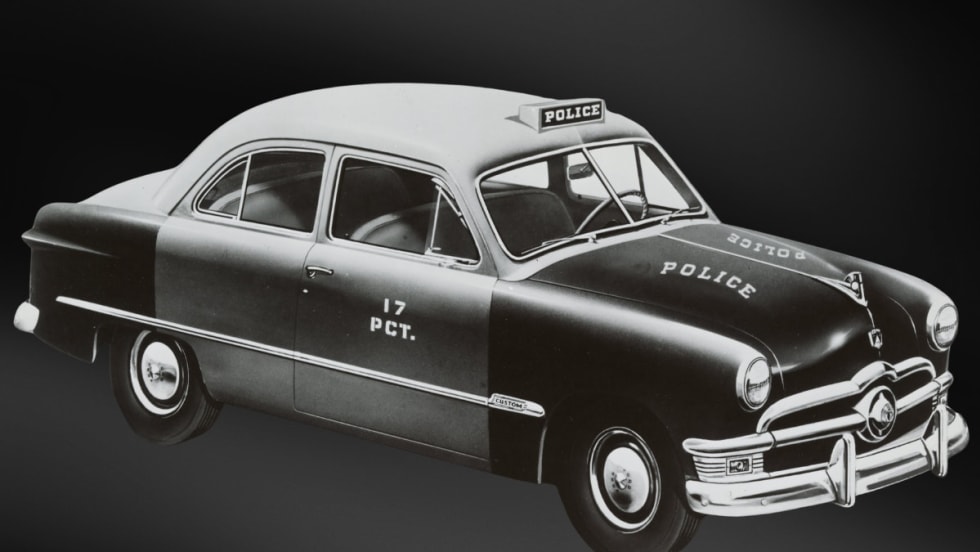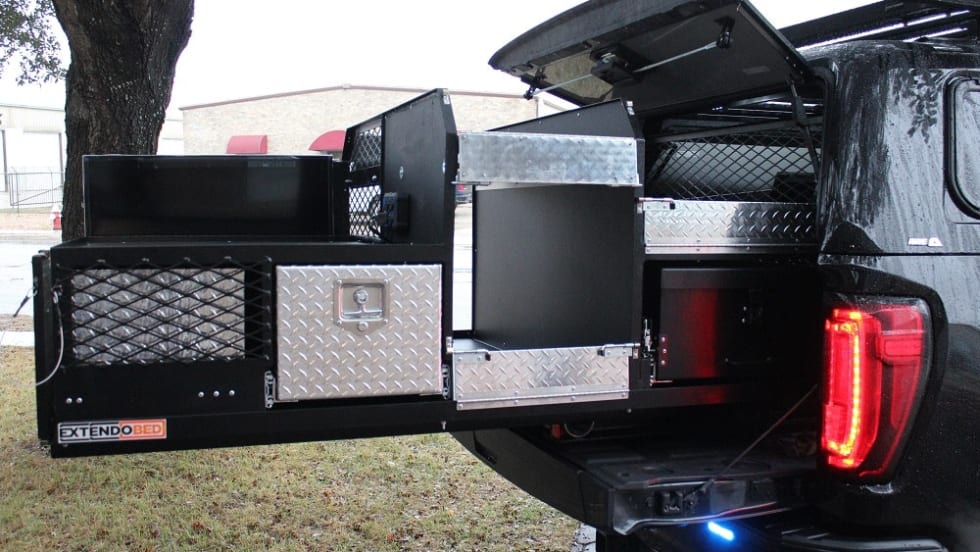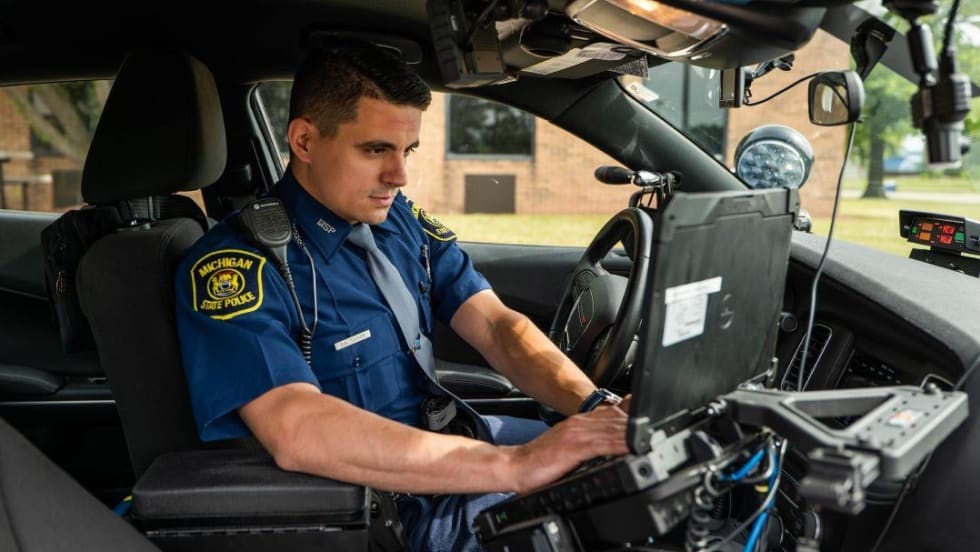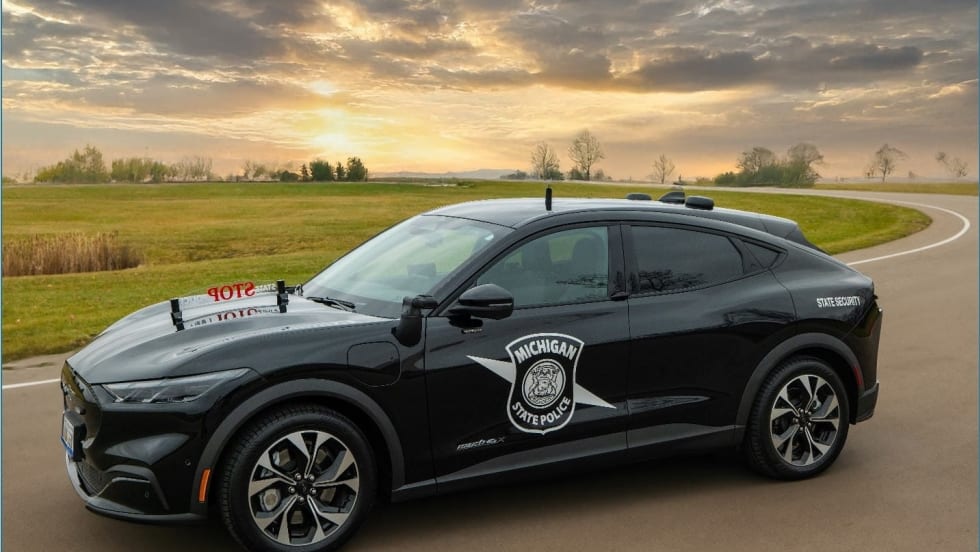Back in the ancient days of my youth, the Tucson Academy didn't have anything like FTO training. We did 16 weeks in the academy then rode around with a veteran to see if he or she thought we would survive. Then they put all of us graduates into "Tango" Squads with our designators being something like, "Three Tango Thirty-two" as opposed to "Three Adam Thirty-two" so the veterans were forewarned of just who exactly was the other unit coming.
Our actual "Field Weeks" were one week out of every four in the academy where we each went into the streets in a cadet uniform armed with a baton and a badge that said "Cadet" and did some serious learning. During these shifts we got to do arrests, searches, responses, just like any other two-officer team, except that the baton was the only higher level of force we carried. We got to not only observe our training officer, but everyone else. During my weeks I saw the best and worst of our actions.
It was on one of these early shifts that I first observed "Code Three Syndrome." Code three is lights and siren, and man is it fun. You are lord of the road, racing here and there to accidents, crimes in progress, officer needs assistance, and whatever crisis needs a uniformed hero ASAP. Something changes in your brain when you flip those switches, the lights come on, and the siren deafens all around.
As vehicles leap to the curb, and all eyes look at you racing "Batman-like" through your town, you feel the rush of excitement, the enhanced urgency, the pounding heart, and if you listen closely you can almost hear background music sounding much like Rossini's "William Tell Overture" (aka "The Lone Ranger" theme song). It is in this moment you are really in danger of catching "Code Three Syndrome."
My training officer and I were racing to assist an officer who had spotted a vehicle matching the description of one seen leaving an armed robbery. As we were only a few blocks away, we raced with only the noise of our engine screaming, so I could hear the sirens of other vehicles racing to the coming felony stop. As we pulled up on the primary vehicle behind the suspect vehicle at a stop light, we all lit up the suspect vehicle. Back then we ordered the suspects out of the vehicle and put them on the ground, then the rookie went up and cuffed and searched them.
Knowing the drill, the suspect immediately exited the car at the first command and got on the ground without further direction…he obviously had the T-shirt, been there done that. I was then told to go cuff and search him, as I was the only one without a firearm and with a stupid cadet uniform. As I hurried to the suspect I noticed that a siren still screamed a block or so away and tires continued to squeal from that direction. As I kneeled on the suspect to cuff him, I watched in horror as the oncoming, racing, wailing police car skidded wildly and ended up passing just a few yards from me going sideways in the wrong lane…the officer wide-eyed staring into my own wide eyes.
I asked my training officer later what had happened and he said they hadn't had time to "code four" the other units, letting them know to stand down, and the guy was just jacked up from going "code three." Since I had never driven lights and siren, but only ridden in a car going code three, I had to wait to graduate to discover the true rush that comes from the seemingly limitless excitement of brilliant lights and screaming sirens.
I could go on and on about my own idiocies and adventures while under the influence of "Code Three Syndrome," but I will leave you with these tips. First, when you flip the switch for the lights and siren, flip the mental switch for combat/tactical breathing; four count in-breaths, hold, four count out-breaths, hold, and repeat. This should be a habit, as it controls your excitement and prevents your attention from fixating on whatever you are pursuing or looking at. Remember, fixation and excessive excitement can be fatal.
Next, consciously think, "Some drivers out there have their radio on, windows up, or are so stupid they will just stop in the roadway, so every car between here and where I am going is a threat."
And finally, remember that all other vehicles going code three cannot hear your siren, so take precautions; there is a very good chance the driver is suffering from "Code Three Syndrome."
Dave Smith is the creator of "Buck Savage" and a retired law enforcement officer from Arizona. He is also the owner of Winning Mind Seminars.




